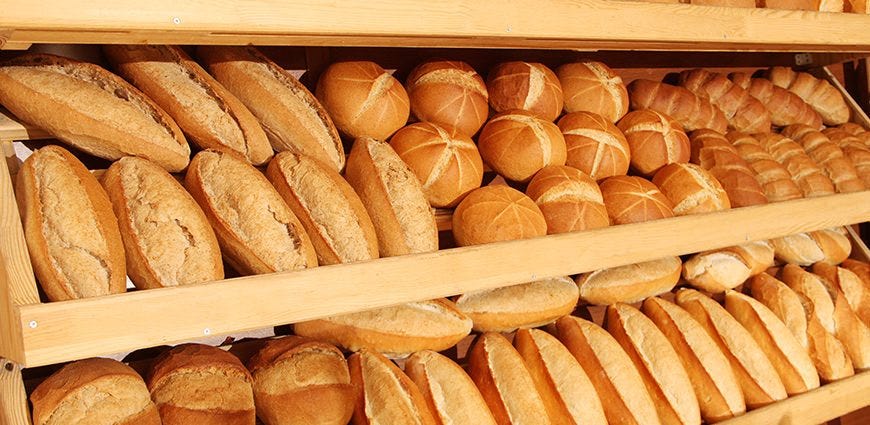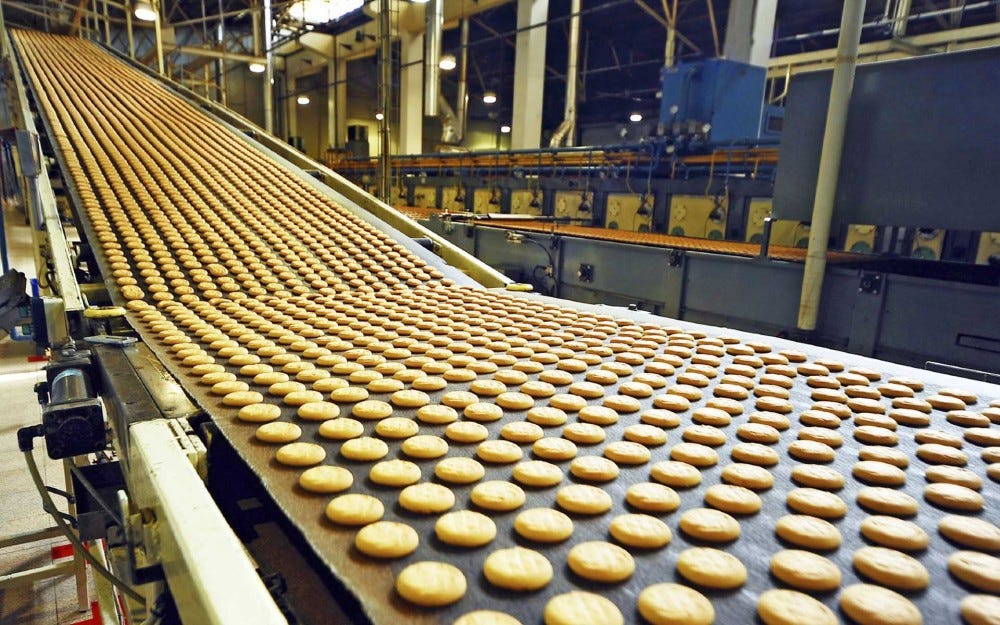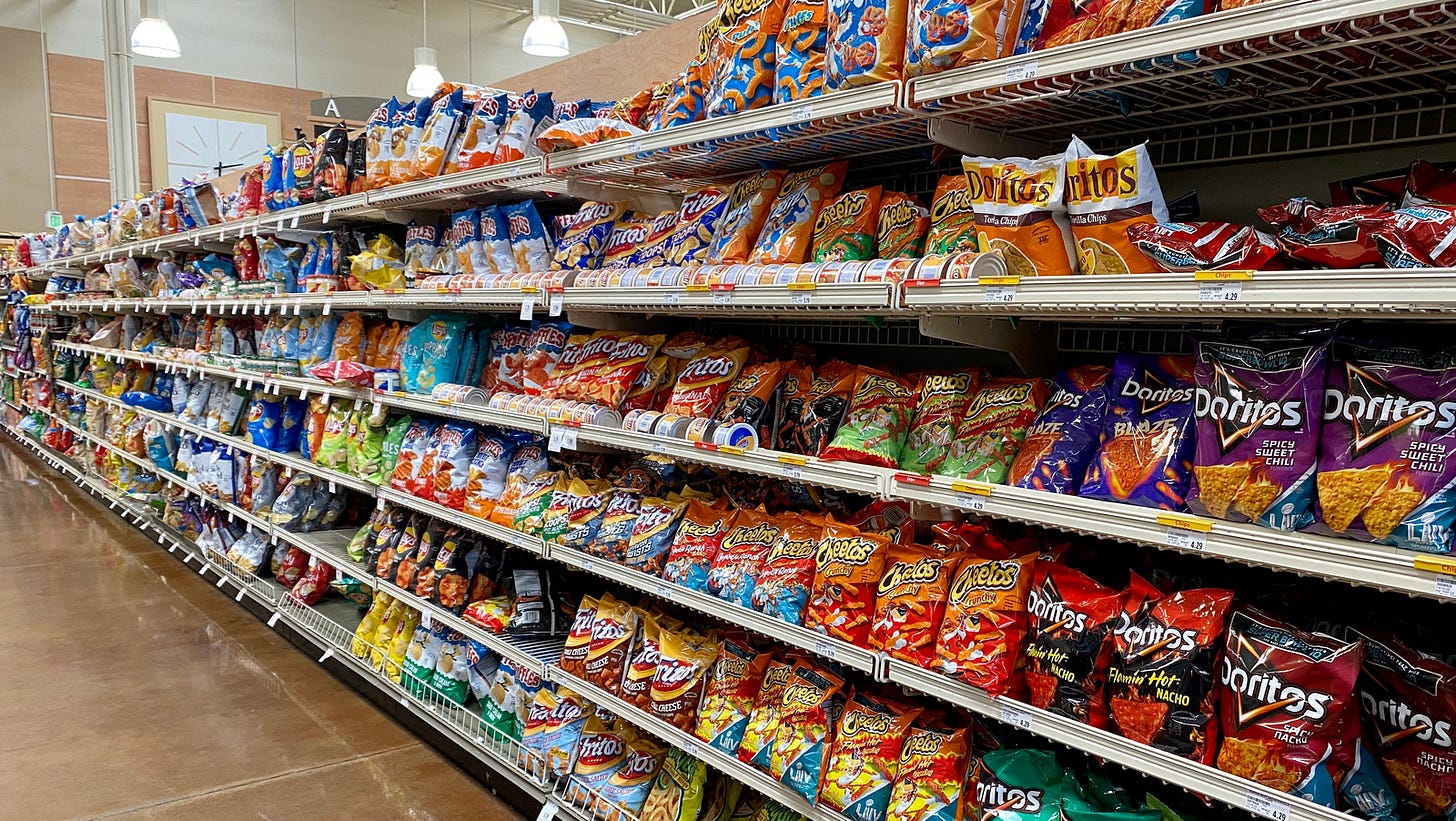Carbohydrates
Often maligned. Not to be ignored.
Technically speaking, carbohydrates are one third of the trio of macronutrients (defined as dietary fats/proteins/carbohydrates) that we consume every day from our meals. Each of which plays an important role in our bodies. Get the proportions of these three right, and you'll be feeling pretty good physically, mentally, and emotionally. Get the mix wrong, and your daily experience will not be optimized. Understanding how each of these three play a role in your health is essential. Not knowing the wiser will have you flying blind in life, missing the basic tools, understanding, and knowledge to easily change your state of existence on a day to day basis.
When most people think about losing weight these days, they are often targeting carbohydrates as the first macronutrient to go while upping the protein intake in conjunction with an increase in weight training activity. This is all great, however, it's never as cut and dry as this. To properly understand this scenario, let's take a look at the specific function of carbs as a macronutrient.
Predominantly, carbohydrates will produce spikes in your glucose levels, or blood sugar. When your glucose levels rise, so do your insulin levels which is the bodies way of essentially telling its cells that there is glucose on tap for use. Unlike dietary fats which provide a slower burn of energy over time, glucose is an energy source which is designed to be used more or less at an instant. As in very fast. Think on the order of minutes, not hours.
So it’s a great mechanism. Eating carbohydrate rich food to provide a short burst of energy to get you through the day or some activity. However, a problem has arisen in modern day society with this macronutrient staple. Firstly, since about the mid twentieth century, the yield of grains produced has been maximized which has provided a pathway for carbohydrate rich foods to be produced in large quantities. Secondly, humans have adopted a more sedentary lifestyle.
About a 10-minute walk from where I'm writing this, I can get a coffee filled with sugar topped with cream to help me wash down a plethora of pastries on offer at my local cafe. Now if you're a perpetual sweet tooth, unlike me, this sounds great. But even as a casual sweet tooth, like myself, we don't need coffee and pastry. But WE WANT sugary coffee and pastry. Or, maybe your more of a savory person like myself. So in this case, you don't need the ever so addictive lightly salted blue corn chips till you're bursting at the seams, but you want them.
And you can get hordes of all these grain based, carbohydrate rich, snacks on the cheap from your local grocery store, coffee shop, or restaurant.
The portrait I am attempting to paint here is that carbohydrates are in fact not bad, provided you do not over consume them. Because it is oh so easy to do so in this modern day and age. This is of utmost importance because, as you may have heard, over consuming carbohydrates especially will easily lead to weight gain.
First and foremost, the cells in your body will only take the amount of glucose they need. If I were to compare an active person vs someone who patently is not, the more active persons cells will require more carbohydrate to replenish their muscle stores. Or, the amount of glucose your muscle keeps on tap for short bursts of energy as needed. For a sedentary person, your muscle stores are going to be smaller and rather full all the time. Because they'll have less muscle mass and not be using whatever muscles they have as much. Bottom line when this happens the glucose not immediately used by your cells will be stored as body fat for later use.
In addition, over consuming carbohydrate rich foods will cause your body to retain more water than it actually needs since the glucose, which is a form of sugar, is hygroscopic. This is the phenomenon of water being attracted to sugar, or the glucose in your system.
So if you keep your glucose levels high, and activity levels low, you WILL increase your levels of body fat and be retaining way too much water. In general, this is not a good thing. Not good for your cardiovascular system since your blood will be more voluminous. Not good for your joints particularly of your lower back, hips, knees, and ankles for the added weight they are asked to carry.
OK, that was the bad stuff. Now for the good.
If you find a good balance of carbohydrate rich foods with respect to the dietary protein, and fats, then you will be getting all the phytonutrients and minerals that are only on offer from grains. I have written extensively about rice, pasta, whole grains, potatoes, bananas, apples, honey, and legumes. All of which are excellent sources of carbohydrates. But, one should be cautious for overeating even the most nutritionally dense sources of carbs can still result in all the ill effects mentioned above.
In short, the more nutritionally dense the carb rich foods are. And the more coarsely ground the flour is in baked goods, the more time it will take for your body to convert said carbs into glucose. This is a good thing. A very good thing. The slower the release of glucose into your system, the less your insulin levels will spike. This means your cells will have an opportunity to utilize all the glucose it receives in an efficient manner, leaving less to be unused and ultimately stored as fat. If you eat a carb rich food that is non-whole grain, or baked goods derived from a finely course flour, your body will convert more carbs much faster making your insulin spike much higher than needed. This will overwhelm your cells with more glucose than it can actually use in that instant. Thus converting even more glucose to body fat. Which is bad. And if said baked goods are in fact from a non-whole grain source, you will not be getting as many micronutrients (vitamins and minerals) as you should. Once again, bad bad bad.
Being mindful of what we eat and how we eat is extremely important. It doesn't take much time to learn and implement. Particular care needs to be taken when dealing with carbohydrates however. Many sources of this macronutrient come from once former delicacies which have become more of an everyday staple in our modern society. But I promise, if you readjust your relationship with these type of foods, you can have your cake and eat it too. Just not every day. Which will make it much sweeter when you have it, say, once a week.
In the next installment in this macronutrient series, I will talk about how to find a balance of dietary fats, proteins, and carbohydrates that enhances your life rather than hinder it.
To help grow this newsletter please Like, Comment, Share, and Subscribe.
To help support this newsletter, consider purchasing a Subscription.




